

Since 2010, the Global Law Experts annual awards have been celebrating excellence, innovation and performance across the legal communities from around the world.
posted 3 months ago
Vietnam’s visa system has undergone significant changes in recent years to accommodate the growing number of foreign nationals coming to live, work, and invest in the country. Starting from 2024 and continuing into 2025, visa policies have been adjusted towards greater flexibility and clearer categorization, aiming to meet the practical needs of immigration management as well as international integration.
A thorough and accurate understanding of the current types of visas is essential for any foreign individual or organization intending to enter, work, invest, or legally reside in Vietnam.
See also: Benefits and Privileges for Holders of Vietnamese Visas.
Pursuant to the Law on Entry, Exit, Transit, and Residence of Foreigners in Vietnam, Vietnamese visas are classified based on the purpose of entry, the type of applicant, and the permitted duration of stay.
Common types of visas include:
Pursuant to current legislation, Vietnamese visas are classified according to the purpose of entry. The most common visa types for foreigners entering Vietnam include:
Purpose: For tourism, sightseeing, or leisure activities.
Validity: Not exceeding 90 days. (Clause 2, Article 9 of the Law on Entry, Exit, Transit, and Residence of Foreigners in Vietnam)
Purpose:
Validity: Up to 1 year, depending on the content and supporting sponsorship documentation. (Clause 4, Article 9 of the Law on Entry, Exit, Transit, and Residence of Foreigners in Vietnam)
Purpose: For foreigners working under labor contracts with organizations in Vietnam.
Validity: Corresponds to the duration of the work permit, but not exceeding 2 years. (Clause 5, Article 9 of the Law on Entry, Exit, Transit, and Residence of Foreigners in Vietnam)
Purpose: For studying at educational institutions in Vietnam, including formal degree programs, exchange programs, and internships.
Validity: Corresponds to the duration of the course or training program, but not exceeding 1 year. (Clause 4, Article 9 of the Law on Entry, Exit, Transit, and Residence of Foreigners in Vietnam)
Purpose: For diplomatic or consular missions, or representatives of international organizations in Vietnam.
Validity: Determined by the mission term or as certified by the Ministry of Foreign Affairs, not exceeding 1 year. (Clause 4, Article 9 of the Law on Entry, Exit, Transit, and Residence of Foreigners in Vietnam)
Although each type of visa in Vietnam is subject to specific conditions depending on the purpose of entry, applicants should be aware of several general requirements that apply to most visa categories, including:
Pursuant to Article 10 of the Law on Entry, Exit, Transit, and Residence of Foreigners in Vietnam, applicants must submit sufficient documentation proving the purpose of entry for each visa category, unless they hold a passport or a valid international travel document. Certain visa types require additional supporting documents as follows:
Visa fees vary depending on the type of visa and the number of entries (single or multiple), as specifically provided in Circular No. 25/2021/TT-BTC issued by the Ministry of Finance.
Each visa type has a different validity period, which is granted in accordance with the applicant’s intended purpose of entry and the supporting documentation submitted.
To ensure that visa applications are duly received and processed in accordance with the law, all applications must adhere to the following legal and administrative principles:
Applications must reflect the most up-to-date legal basis as prescribed under:
All documents, invitation letters, application forms, and supporting contracts submitted with the visa application should apply consistent legal terminology, such as:
Visa applications must:
Note: Visa and residence regulations in Vietnam are subject to periodic revisions. It is essential to regularly review and update documentation to ensure full compliance, especially in light of Vietnam’s evolving legal framework.
In Vietnam, foreigners may choose between a long-term multiple-entry visa and a temporary residence card (TRC), depending on their intended stay and legal eligibility. Both are governed by the Law on Entry, Exit, Transit, and Residence of Foreigners in Vietnam (Law No. 47/2014/QH13, amended in 2019 and 2023). While the visa allows multiple entries within its validity—typically up to one year, or up to five years for some investors—the TRC serves as a visa substitute, permitting legal residence for two to ten years, depending on the applicant’s category. The multiple-entry visa is commonly issued to foreign workers, investors, experts, and those visiting relatives, but it offers only short-term residence and requires renewal. In contrast, the TRC provides more stable, long-term residence and is typically granted to foreign workers with work permits, investors, and relatives of Vietnamese citizens. Unlike the visa, the TRC allows eligible holders to sponsor dependents such as spouses and children. Additionally, while changing the purpose of stay under a visa is limited, the TRC may be converted if legal conditions are fulfilled.
A comprehensive and accurate understanding of Vietnam’s visa regulations is crucial to ensure that foreigners’ entry, employment, study, or investment activities are conducted legally and smoothly. With an increasingly refined and updated visa classification system aligned with real-world immigration practices, foreign individuals and organizations must proactively research, prepare complete documentation that aligns with their entry purpose, follow proper procedural steps, and strictly comply with applicable legal provisions.
Especially in 2025, as Vietnam continues its deep integration with the global community, compliance with immigration regulations is not only a legal obligation but also a reflection of professionalism and respect for the host country’s laws. To avoid unnecessary legal risks, it is highly advisable to stay updated on regulatory changes, consult official guidance from competent authorities, or seek assistance from experienced immigration consultants when needed.
Author

No results available
posted 3 hours ago
posted 3 hours ago
posted 7 hours ago
posted 8 hours ago
posted 1 day ago
posted 1 day ago
posted 1 day ago
posted 1 day ago
No results available
Find the right Legal Expert for your business
Global Law Experts is dedicated to providing exceptional legal services to clients around the world. With a vast network of highly skilled and experienced lawyers, we are committed to delivering innovative and tailored solutions to meet the diverse needs of our clients in various jurisdictions.
When your international business faces financial distress, quick action is key! 🔑 Negotiating with creditors, restructuring debt, and understanding insolvency laws can help regain stability. Global Law Experts is here to guide you through your options.
🌍Explore the details on our website.
🔗Link in bio
#GlobalLawExperts #CommercialLaw #BusinessLaw #LegalAdvice #BusinessGrowth #LegalTips #BusinessStrategy #LegalCompliance #Law #LegalKnowledge #LegalAwareness #Law101 #LegalEducation #IntellectualProperty

Running a business is hard enough — lawsuits shouldn’t make it harder. 🚫 Protect your business with the right legal strategies and expert tools from Global Law Experts. Let’s secure your future together! 💼
🌍Explore the details on our website.
➡️www.globallawexperts.com
#GlobalLawExperts #CommercialLaw #BusinessLaw #LegalAdvice #BusinessGrowth #LegalTips #BusinessStrategy #LegalCompliance #Law #LegalKnowledge #LegalAwareness #Law101 #LegalEducation #IntellectualProperty #Infringed #Ecommerce #LegalBranding
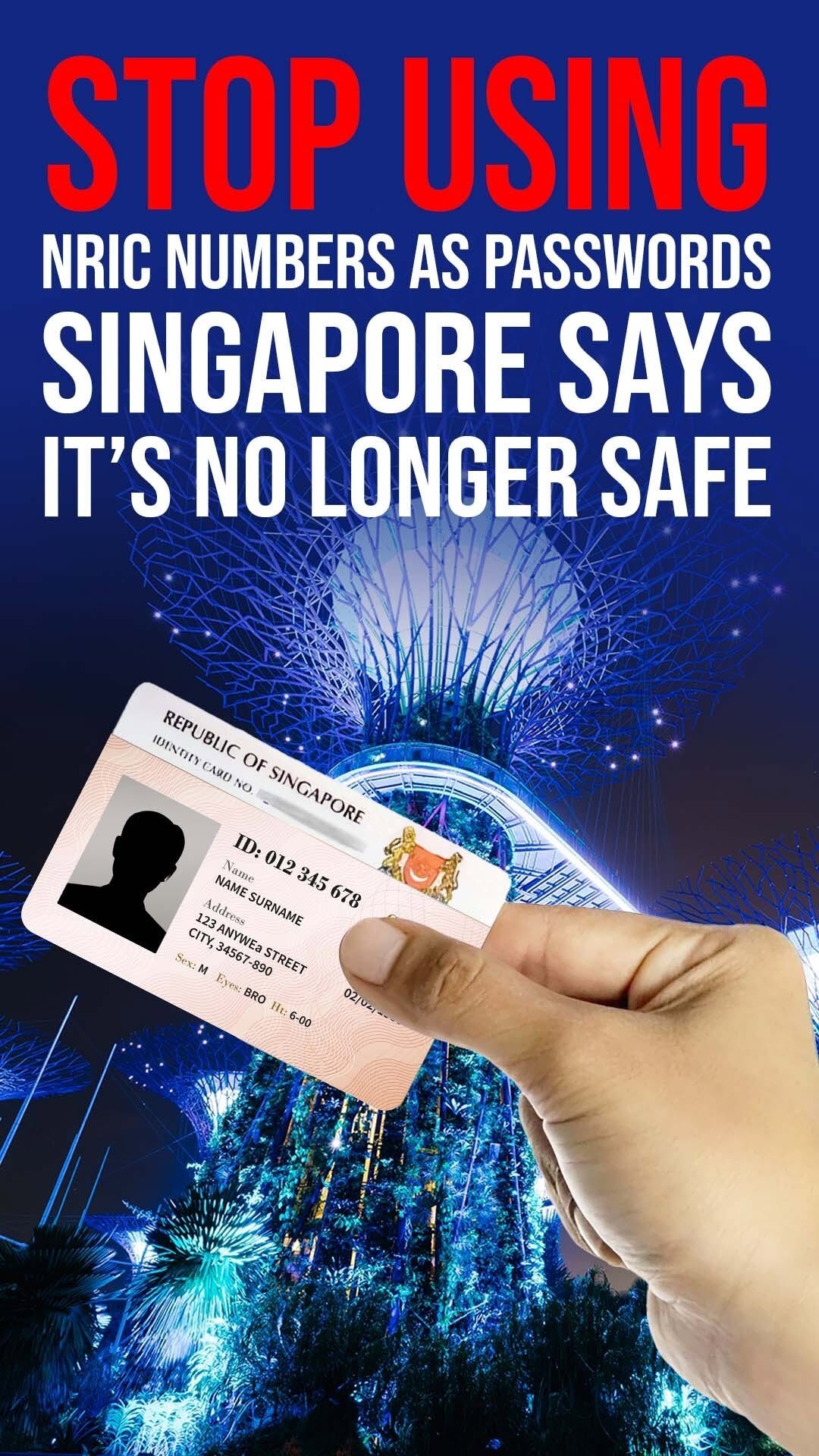
Using NRIC numbers as passwords or identity proof? That era is done. Strengthen your security with multi-factor authentication and biometrics—because your clients' trust depends on it.
#SingaporeLaw #DataPrivacy #CyberSecurity #PDPA #NRIC #MFA #StrongAuthentication #LegalCompliance #ClientTrust
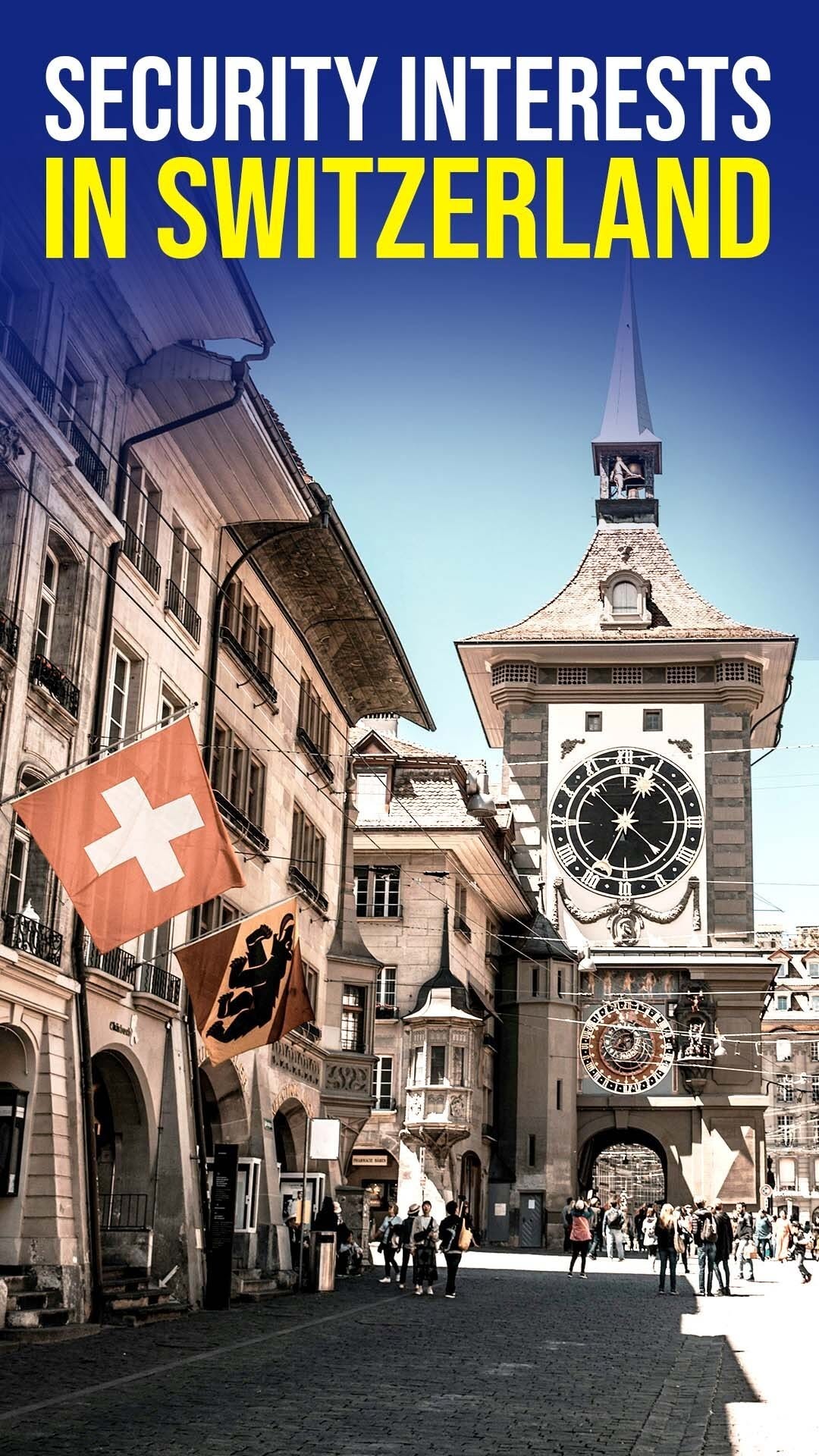
Swiss law protects secured lenders—with precision. From real estate to IP and bank accounts, every asset counts—just as long as it’s defined, documented, and delivered.
#SwissLaw #SecurityInterest #Collateral #InternationalLending #SwissFinance #LegalCompliance #GlobalBusiness #AssetSecurity

Gold trading in Saudi Arabia isn’t just a business—it’s a lab test, a permit, and a legal tightrope. Want to succeed? Start with compliance, hallmarking, and permits—or risk losing it all.
#GoldTrading #SaudiLaw #PreciousMetals #BusinessSetup #LegalCompliance #GlobalBusiness #SaudiArabia #TradeRigour
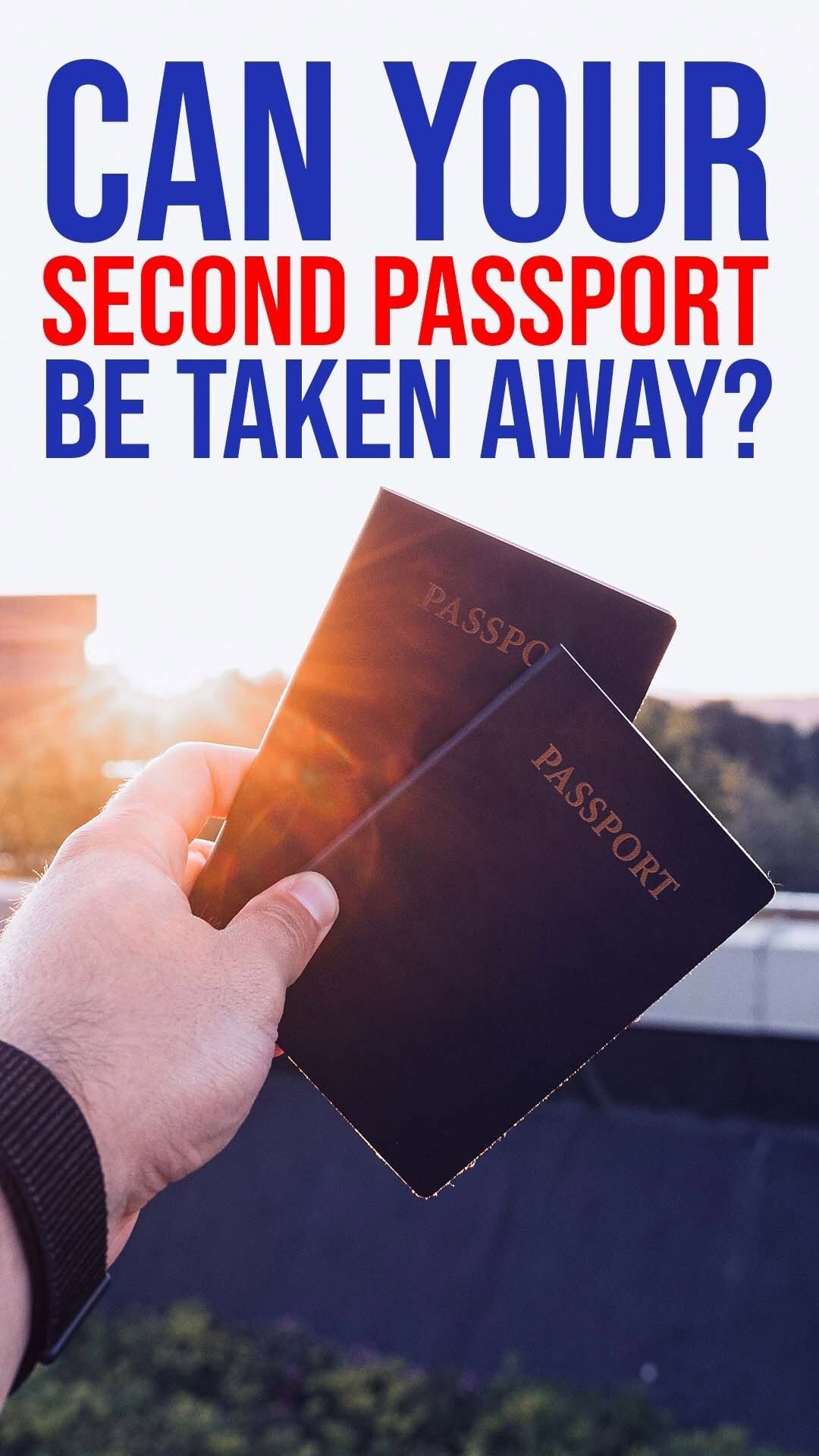
Second citizenship isn’t permanent—especially if you break the rules. Know the risks and how to safeguard your status: be transparent, stay lawful, and honour all citizenship requirements.
#SecondCitizenship #CitizenshipRisks #DualNationality #Compliance #GlobalMobility #LegalAdvice #ImmigrationLaw

Send welcome message